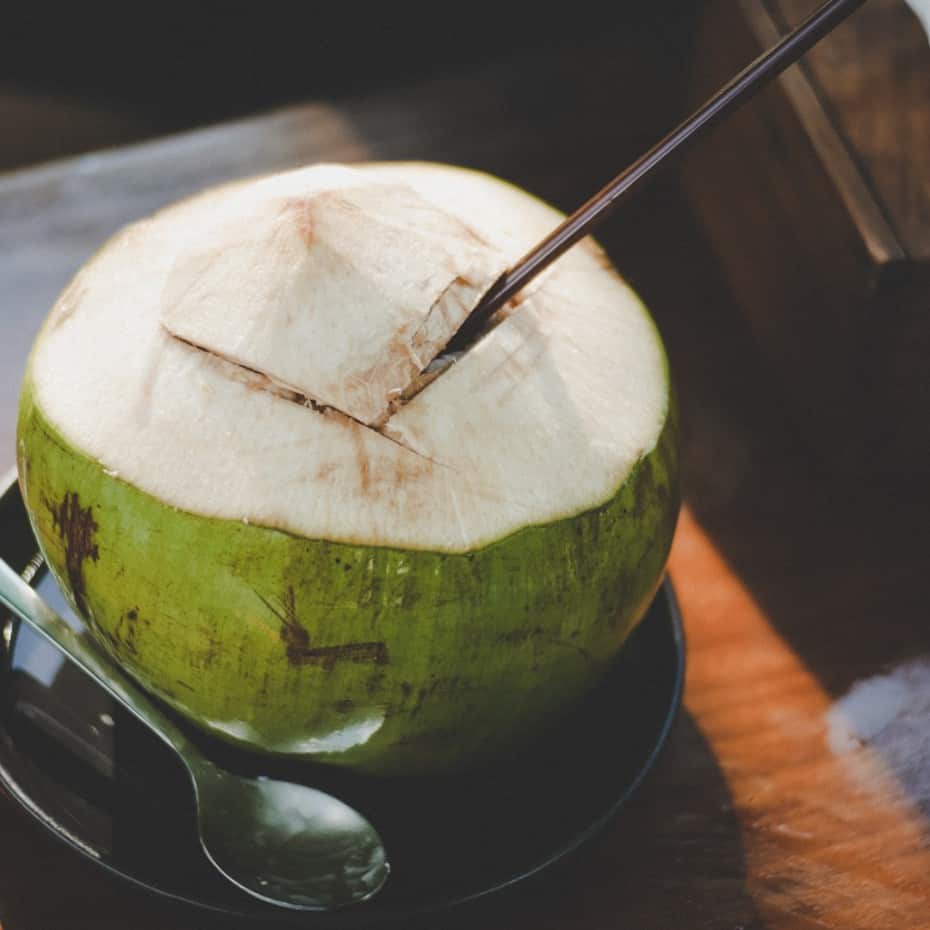Unleash Your Potential with Intra-Workout Nutrition from Athletes Kitchen
Elevate Your Training: Unraveling Intra-Workout Nutrition Secrets
Discover the key to unlocking peak performance during every training session with Athletes Kitchen. We’re here to equip athletes worldwide with the ultimate edge by delving into the realm of intra-workout nutrition. Fuel your body strategically to amplify gains and optimize your training endeavours.
Mastering the Science: Intra-Workout Fuelling Insights
The International Society of Sports Nutrition emphasizes that precise timing and macronutrient ratios can amplify recovery, muscle synthesis, and mood states post-intense exercise. Tailoring your intra-workout nutrition can revolutionize your training outcomes.
Strategic Carb and Protein Intake
For aerobic or anaerobic sessions under 60 minutes, if you’re well-fuelled pre-workout, carb and protein intake isn’t necessary. However, for high-intensity sessions surpassing 60 minutes, consuming carbs and/or protein can enhance performance. (Note: Steady-state cardio doesn’t equate to high-intensity exercise).
Aerobic Training Fuelling: Above 70% VO2 Max
Aim for 30-60 grams of carbs per hour during aerobic training exceeding 70% VO2 max. Studies hint at combining glucose and fructose for improved carb absorption, enhancing performance. Easily digestible sources like dextrin, consumed at 10-12-minute intervals, maintain blood glucose levels and optimize performance.
Reshaping Resistance Training: Carbs and Protein
While resistance training doesn’t drastically deplete muscle glycogen like endurance training, carbs with or without protein can support glycogen restoration and muscle damage mitigation. Intra-workout carbs reduce muscle glycogen loss by 50%, aiding performance preservation.
Protein’s Role in Muscle Preservation
Combat muscle protein breakdown during exercise with protein consumption. Opt for easy-to-digest sources like essential amino acids or whey protein. Sustaining blood amino levels helps reduce muscle protein breakdown, promoting muscle preservation.
Sample Digestible Carbs:
- 1 tbsp Honey = 18 grams
- 1 tbsp Maple syrup = 13 grams
- 1 Date (well-chewed) = 18 grams
- 1 cup Coconut Water = 17 grams
- 1 cup Orange Juice = 25 grams
- 1 tbsp highly branched cyclic Dextrin = 15 grams
- 100 grams Banana (small) = 23 grams
Unlock Intra-Workout Power with International Society of Sports Nutrition
https://jissn.biomedcentral.com/articles/10.1186/s12970-017-0189-4
EXERCISE
Optimize Your Training Sessions: The Art of Rest and Workout Duration
Athletes, gear up for success with strategic rest intervals and session durations. Your training goals dictate the ideal rest time between sets. Are you chasing strength, hypertrophy, or muscular endurance? Tailor your approach and get ready to excel.
Mastering Rest Intervals
For strength-focused training (1-6 reps), rest 3-5 minutes between sets. Hypertrophy sessions (6-20 reps) benefit from 1-3 minutes of rest, while endurance-focused sessions (20+ reps) thrive with shorter 30-second rests.
The Energy Systems Perspective
Understanding energy systems is key. Strength training relies on the PCr system (3-5 minutes rest), while glycolytic system usage (1-3 minutes rest) dominates hypertrophy sessions. Endurance sets combine glycolytic and oxidative systems (30-second rests) to enhance muscular endurance.
Crafting Ideal Workout Duration
Strategize your workout duration based on goals. Muscular endurance training ranges from 30 to 90 minutes. Hypertrophy training varies based on experience, with 10-20 sets per muscle group being optimal. Avoid overtraining, and embrace recovery to ensure progress.
- Fuel Your Knowledge: A Deep Dive into Overtraining
DID YOU KNOW?
Maximize Your Glycogen Arsenal
Your liver stores 80-100 grams of glycogen, while skeletal muscle stores 300-400 grams. Greater muscle mass translates to higher glycogen storage capacity, aiding blood sugar management.
Hungry for More Knowledge?
Don’t miss these enlightening reads from Athletes Kitchen:
